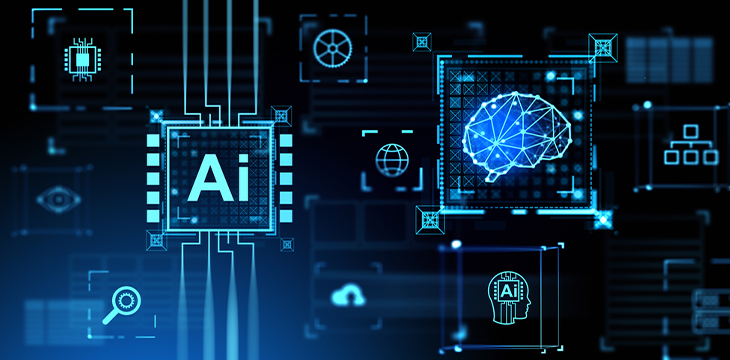|
Getting your Trinity Audio player ready...
|
Cloud-based artificial intelligence (AI) models are the rave, but several entities are backing on-device offerings for specific applications.
Mistral and Nvidia (NASDAQ: NVDA) have teamed up to explore introducing AI models to standard desktop computers, eliminating the need for users to connect to the Internet. The model, dubbed Mistral NeMo, is expected to match the capabilities of cloud-based AI models without the downsides of lag or security concerns.
Mistral NeMo boasts impressive capabilities, including handling complex logical tasks, code and text generation, and processing nearly 130,000 words simultaneously. The desktop-native AI tool can compete with several mainstream cloud AI offerings and shows real promise in specialized areas upon fine-tuning.
The latest offering also has multilingual capabilities, supporting deployment across several global regions while storing enterprise data locally.
“One of the primary benefits will be that a company’s interactions with a desktop AI will be stored locally, and not part of the churn being processed (and stored) by AIs like OpenAI, Claude, and Perplexity,” read a statement.
Mistral and Nvidia executives are confident that their new on-device AI model may trigger an exodus of companies from cloud-based AI models. Both firms point to the economic benefits, including eliminating subscription fees and increased productivity from reduced latency issues.
“The more impactful cost savings could come through lower latency and faster response times, which should result in higher productivity and quicker decision-making,” said Shawn DuBravac, CEO of research firm Avrio Institute.
However, the upsides of cloud-based AI tools could affect the pivot, with some enterprises latching onto the perks of scalability, flexibility and global reach as reasons for sticking to them. To reverse the trends, developers of desktop-native AI will have to focus a chunk of their resources on tailoring their services for specific use cases.
Industry observers predict mass utility in financial services, a sector largely dragging its feet with AI adoption over fears of security breaches. Other areas angling to deploy desktop-native AI include retail, medical, law firms and construction sectors, with experts touting the perks of specialization as a key factor in their adoption.
The great transition to cloud
After years of focusing on on-device AI offerings, Apple (NASDAQ: AAPL) is making a move to incorporate cloud technology for its users. The move, announced at its Worldwide Developers Conference (WWDC), is expected to introduce cloud capabilities for users, with the company protecting data via its novel confidential computing technique.
Apple’s voice assistant, Siri, could possess new capabilities, including photo editing and understanding complex commands, as it tries to close the gap between itself and other industry players.
Several observers are angling to use blockchain technology to enhance cloud security, leveraging its secure data-sharing functionality and decentralization features.
In order for artificial intelligence (AI) to work right within the law and thrive in the face of growing challenges, it needs to integrate an enterprise blockchain system that ensures data input quality and ownership—allowing it to keep data safe while also guaranteeing the immutability of data. Check out CoinGeek’s coverage on this emerging tech to learn more why Enterprise blockchain will be the backbone of AI.
Watch: Transformative AI applications are coming

 02-21-2026
02-21-2026 




